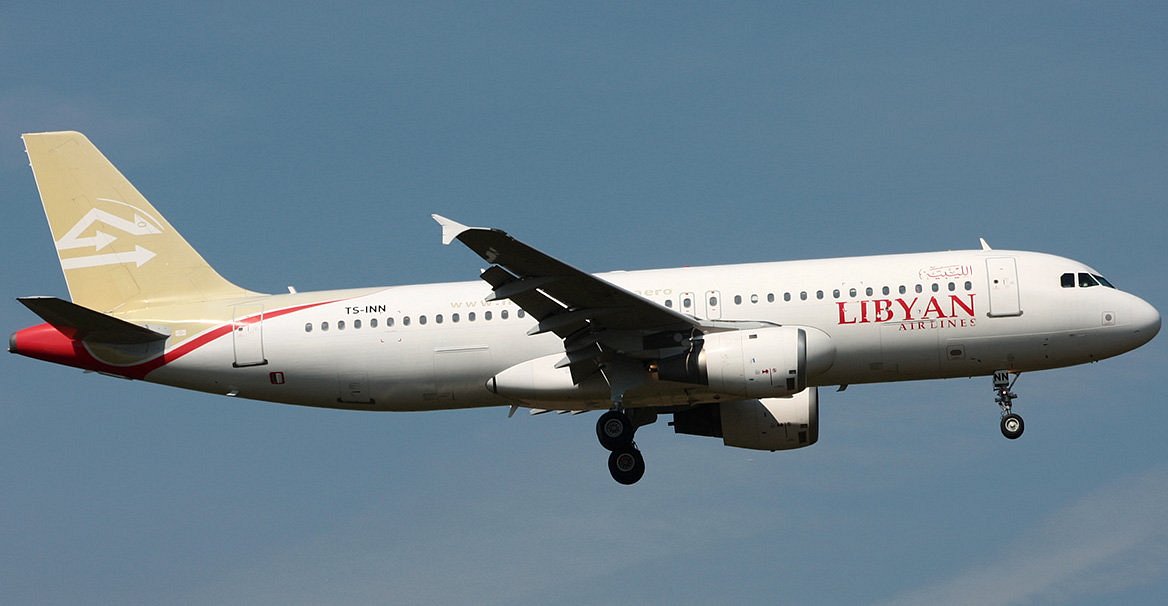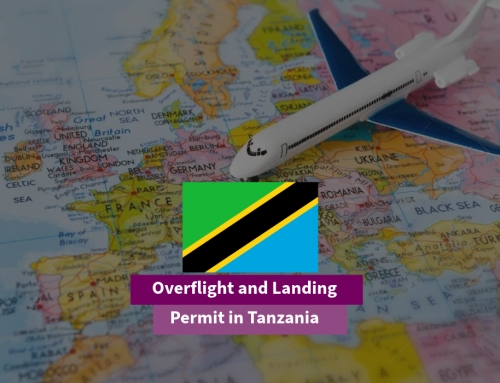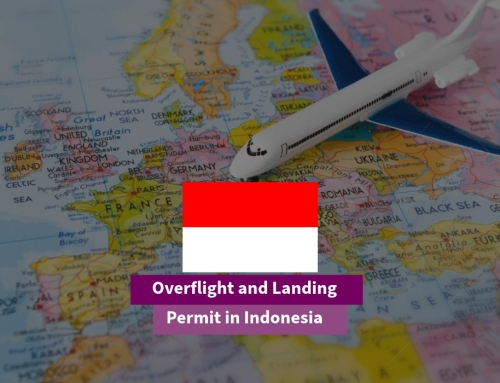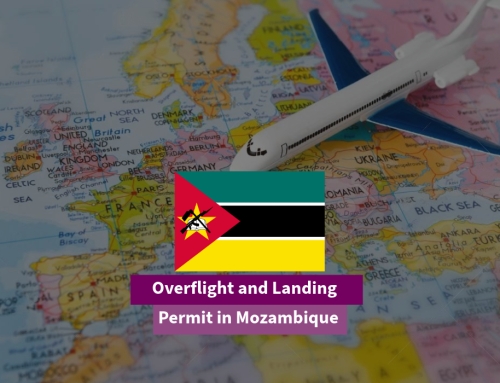Obtain Overflight and Landing Permit in Libya
Libya, located in North Africa, plays a strategic role in connecting Europe, the Middle East, and Africa due to its geographic position and vast airspace. Despite its aviation potential, Libya has faced challenges due to political instability, which has impacted the operations of its airspace and airports. Understanding the complexities of overflight and landing permit in Libya is essential for operators planning to use Libyan airspace or land at its airports. This study provides a detailed overview of the requirements, processes, and considerations involved in securing these permit.

Overview of Libya’s Airspace and Airports
- Strategic Location:
- Libya borders the Mediterranean Sea, providing a key transit route for flights between Europe, the Middle East, and Sub-Saharan Africa.
- Major Airports:
- Tripoli Mitiga International Airport (MJI/HLLM): Located near the capital, Tripoli, it is one of the busiest airports in Libya.
- Misrata International Airport (MRA/HLMS): A critical hub for cargo and passenger operations.
- Benghazi Benina International Airport (BEN/HLLB): Serving eastern Libya, it connects regional and international flights.
- Sebha International Airport (SEB/HLON): Primarily used for domestic and some international operations.
- Airspace Management:
- Libya’s airspace is managed by the Libyan Civil Aviation Authority (LYCAA), which regulates overflight and landing permit.
Overflight Permit in Libya
Requirement:
- All foreign-registered aircraft flying through Libyan airspace must obtain an overflight permit from the LYCAA.
Application Process:
- Submit the permit request at least 48 hours in advance.
- Provide the following details:
- Aircraft registration and type.
- Operator’s name and contact information.
- Entry and exit points with estimated times.
- Flight route and purpose.
- Ensure compliance with International Civil Aviation Organization (ICAO) standards.
Key Considerations:
- Operators must adhere to specified airways and altitude restrictions within Libyan airspace.
- Political and security conditions may lead to temporary airspace closures or route changes.
Landing Permit in Libya
Requirement:
- Landing permit are mandatory for all non-Libyan-registered aircraft intending to land at Libyan airports, including private, commercial, and cargo flights.
Application Process:
- Submit the permit request to the LYCAA at least 72 hours before the intended flight.
- Required documents include:
- Aircraft registration and airworthiness certificates.
- Pilot licenses and crew details.
- Passenger and cargo manifests (if applicable).
- Proof of insurance.
- Purpose of the landing (e.g., passenger transport, cargo delivery, technical stop).
Key Considerations:
- Operators must secure airport slots and coordinate ground handling arrangements before submitting a landing permit application.
- Approval timelines may vary depending on security and political conditions.
Security and Political Factors
- Impact of Political Instability:
- Libya’s ongoing political instability can lead to sudden changes in airspace accessibility, airport operations, and permit approvals.
- Operators should remain updated on current conditions through the LYCAA and international aviation bodies.
- Restricted Areas:
- Certain regions, especially near conflict zones, may have restricted or no-fly zones. Special approvals may be required to operate in these areas.
- Safety and Compliance:
- Ensure compliance with ICAO safety standards and carry the necessary safety and insurance documentation.
Airports and Facilities
Key Airports Open for International Flights:
- Tripoli Mitiga International Airport (MJI/HLLM):
- Focused on domestic and limited international flights.
- Offers basic ground handling and fueling facilities.
- Misrata International Airport (MRA/HLMS):
- Equipped to handle cargo and passenger operations.
- Benghazi Benina International Airport (BEN/HLLB):
- A hub for flights connecting eastern Libya with international destinations.
- Sebha International Airport (SEB/HLON):
- Provides domestic connectivity and supports some international operations.
Challenges and Mitigation
- Uncertain Operational Environment:
- Political and security factors may disrupt operations. Partnering with local experts can help mitigate risks.
- Permit Delays:
- Submit applications well in advance to accommodate potential delays.
- Limited Airport Facilities:
- Ground handling, fueling, and maintenance services may be limited at some airports. Ensure prior coordination with service providers.
- Customs and Immigration:
- All international passengers and crew must comply with Libyan customs and immigration requirements.
Jetmate Aviation’s Role
Jetmate Aviation offers expert support for navigating the complexities of operating in Libya. Our services include:
- Overflight and Landing Permit Management:
- Timely submission of permit applications with accurate documentation.
- Ground Handling Coordination:
- Arranging fueling, baggage handling, and passenger services at Libyan airports.
- Real-Time Updates:
- Providing operators with the latest information on airspace restrictions and airport conditions.
- Emergency Support:
- Assistance in handling unforeseen challenges such as delays or operational changes.
Need a flight permit in Libya? click here






